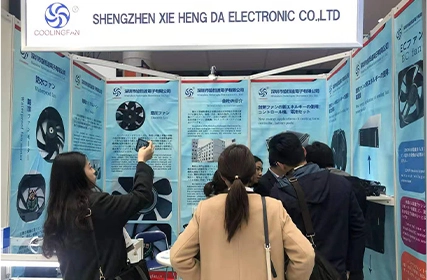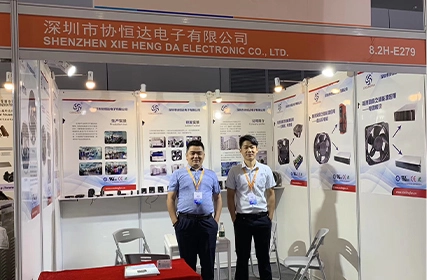The manufacturing industry plays a crucial role in shaping the environmental impact of various products. In recent years, there has been a growing emphasis on sustainable and eco-friendly manufacturing practices. This article focuses on the environmental considerations in the manufacturing of DC (direct current) axial fans. We will explore the energy-efficient design, waste reduction through lean manufacturing, and lifecycle considerations for these fans, as well as their end-of-life recycling.
Energy-Efficient Design of the DC Axial Fan
The design of DC axial fans is crucial in ensuring energy efficiency throughout their lifecycle. By adopting advanced technologies and materials, manufacturers can significantly reduce energy consumption during fan operation. Efficient motor design, using high-quality permanent magnets and low-friction bearings, allows for reduced electrical losses and improved power utilization. Additionally, optimizing the fan blade geometry and airflow patterns enhances overall efficiency by reducing turbulence and increasing airflow while minimizing noise generation.
Reducing Waste Through Lean Manufacturing in DC Axial Fan Production
Lean manufacturing principles emphasize waste reduction, efficiency, and sustainability. In the context of DC axial fan production, implementing lean practices can have a significant positive impact on the environment. By closely examining the entire production process, manufacturers can identify and eliminate waste at every stage, including material usage, energy consumption, and transportation. This can be achieved through better inventory management, efficient machine utilization, and streamlined production flows. Implementing lean manufacturing not only reduces waste but also increases productivity and profitability for manufacturers.
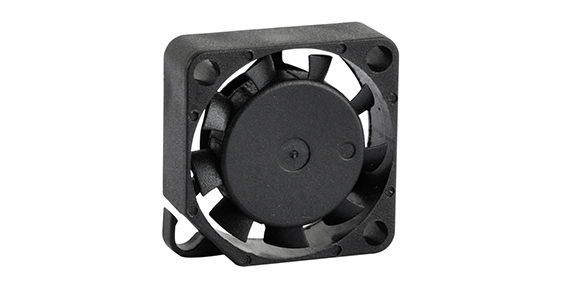
Lifecycle Considerations and End-of-Life Recycling for the DC Axial Fan
Considering the entire lifecycle of the axial cooling fan is essential to minimize its environmental impact. Starting from the extraction of raw materials, manufacturers can choose sustainable, responsibly sourced materials to reduce the overall carbon footprint. Throughout the production process, resource optimization and waste reduction strategies can be employed to limit energy and material usage. It is also crucial to ensure proper disposal and recycling of end-of-life fans to prevent them from ending up in landfills.
Recycling DC axial fans requires effective collection methods and proper dismantling techniques. Since these fans can contain various materials such as plastic, metal, and electronic components, separating and recycling these parts ensures their potential reuse. Segregating reusable materials and components promote a circular economy and reduces demand for raw materials. Manufacturers can collaborate with recycling facilities and establish take-back programs to facilitate a responsible end-of-life disposal process for DC axial fans.
Environmental considerations in the manufacturing of DC axial fans are vital for minimizing their impact on the environment. By adopting an energy-efficient design, reducing waste through lean manufacturing, and implementing proper end-of-life recycling processes, manufacturers can produce environmentally responsible products. It is crucial for manufacturers, like Xie Heng Da, to embrace sustainable manufacturing practices to meet the growing demand for eco-friendly solutions. Ultimately, the integration of environmental considerations in DC axial fan manufacturing will not only benefit the planet but also contribute to the long-term success and growth of the industry.


 EN
EN 
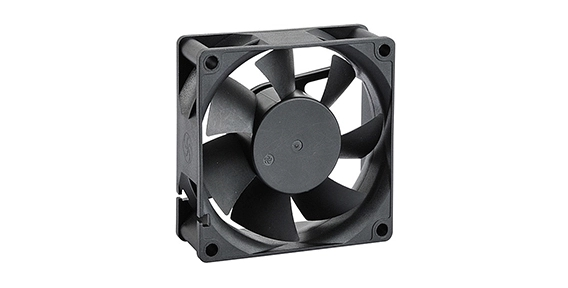 +
+
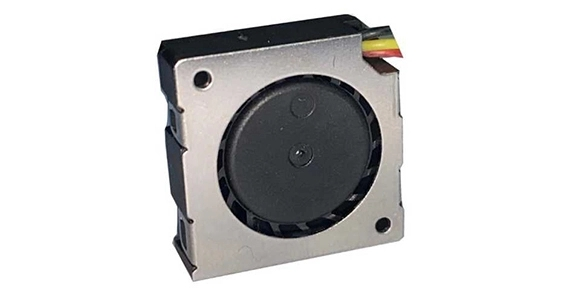 +
+
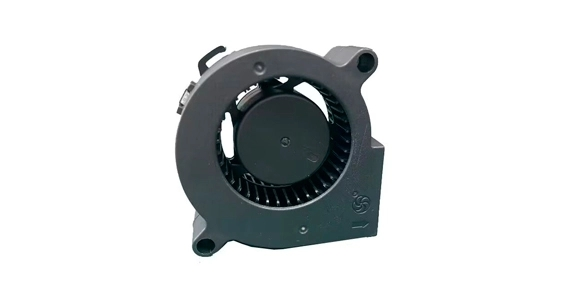 +
+
